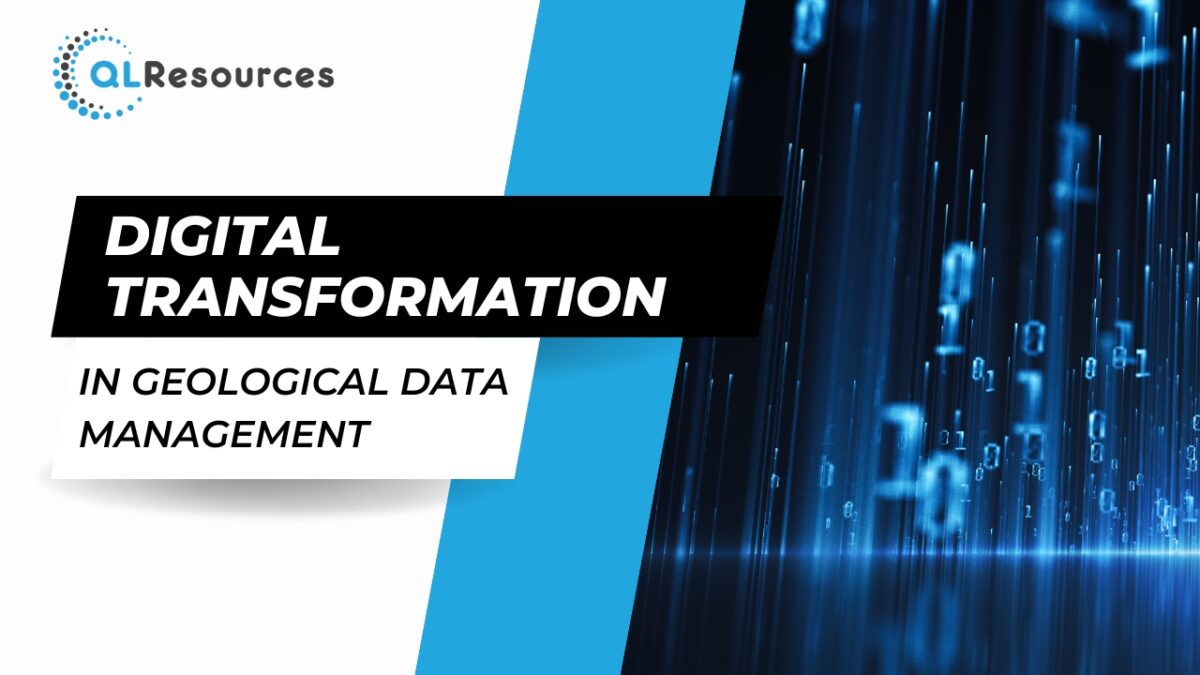The mineral exploration and mining industry is undergoing a rapid digital transformation, and this change is affecting every aspect of operations, including geological data management. The growing use of digital technologies is creating new opportunities and challenges for companies that want to keep pace with the latest innovations in the field.
Here are some of the key ways that digital transformation is impacting geological data management:
Data Volume and Complexity: Digital technologies are enabling the collection of more geological data than ever before. This data is often complex and challenging to manage, which requires companies to adopt new approaches to data management.
Data Integration: With the increasing use of remote sensing and geospatial technologies, companies are now able to access and integrate large amounts of geological data from multiple sources. This leads to a more comprehensive understanding of geological data and enables better exploration and mining decisions.
Data Security: The growing volume of geological data and the increasing use of digital technologies have heightened concerns about data security. Companies must implement effective security measures to protect confidential information and prevent data breaches.
Workflow Automation: Digital technologies are enabling the automation of many geological data management processes, such as data collection and analysis. This leads to improved efficiency and faster decision-making.
Enhanced Collaboration: Digital technologies make it possible to share data and collaborate across teams, departments, and even organizations. This leads to improved knowledge sharing and increased collaboration on exploration and mining projects.
In conclusion, the digital transformation of geological data management is leading to significant changes in the mineral exploration and mining industry. Companies that adopt new digital technologies and modernize their data management processes will be better positioned to compete and succeed in the long term.
